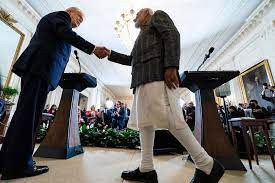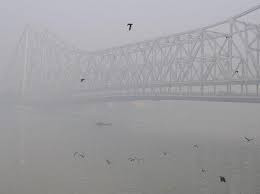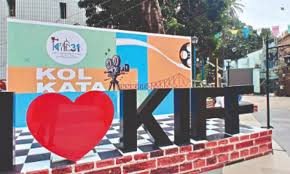Delhi High Court Suspends Liquor Ban on Eatery Over Invalid Eating House License

IIE DIGITAL DESK : significant ruling, the Delhi High Court has stayed the liquor serving ban imposed on a city eatery due to the alleged invalidity of its eating house license. The case, which has attracted considerable attention in the hospitality sector, centers around the legal challenges concerning the proper documentation and compliance of licensing regulations for food and beverage establishments in Delhi.
The controversy erupted when the Delhi Police Licensing Unit issued a notice to the restaurant, suspending its eating house license, which ultimately led to the ban on serving alcohol. The authorities claimed the eatery had failed to adhere to the licensing conditions, including discrepancies regarding the maintenance of CCTV footage, unauthorized operation beyond designated areas, and other regulatory violations. These claims were based on a review of the establishment’s operational practices, particularly its use of premises beyond the approved limits and non-compliance with the safety and surveillance norms.
The notice from the Licensing Unit also highlighted that the eatery's license was found to be “invalid,” which resulted in the immediate prohibition of serving alcohol at the premises. However, the restaurant, represented by its legal team, contested the claims in the Delhi High Court, arguing that the decision was both procedurally flawed and unjustified.
The restaurant’s legal team presented several arguments in defense, one of the most crucial being that the show-cause notice issued by the police was unsigned. The defense contended that an unsigned order lacked legal validity and, therefore, could not serve as the basis for imposing such a drastic measure. Upon reviewing the documents, the Delhi High Court concurred with this assertion, emphasizing that an unsigned notice is legally non-enforceable.
In its judgment, the High Court also pointed out that the claims related to the premises exceeding the authorized operational area were inconsistent with findings from the Delhi Fire Services, which confirmed that the restaurant had complied with fire safety regulations up to the third floor. Additionally, the establishment had replaced the faulty CCTV system, addressing the surveillance concerns raised by the authorities.
In light of these findings, the High Court stayed the ban on serving liquor at the eatery. The court directed the Delhi Police to revisit the case, taking into account the legal flaws in the original notice. The ruling effectively allowed the restaurant to resume its operations, including serving alcohol, until the matter was further examined by the authorities.
This ruling has broader implications for the hospitality industry in Delhi, where establishments must adhere to strict licensing regulations, especially concerning alcohol service. The case highlights the importance of procedural fairness and proper documentation in administrative actions. It also underscores the need for businesses to ensure full compliance with regulatory standards to avoid disruptions in operations.
For restaurants and bars, this case serves as a reminder of the significance of maintaining up-to-date licenses and adhering to safety standards. At the same time, it emphasizes that authorities must follow due process when enforcing regulations. The ruling may also prompt a review of the practices followed by licensing authorities to ensure transparency and fairness in such matters.
The Delhi High Court’s decision to stay the liquor ban at the eatery marks an important moment in the ongoing dialogue between hospitality businesses and regulatory bodies in Delhi. While the enforcement of rules is essential for public safety and order, it is equally important that actions taken by authorities are legally sound and justifiable. This case serves as a testament to the importance of due process, legal compliance, and fair enforcement in maintaining a thriving business environment in Delhi’s competitive hospitality sector.
You might also like!
















